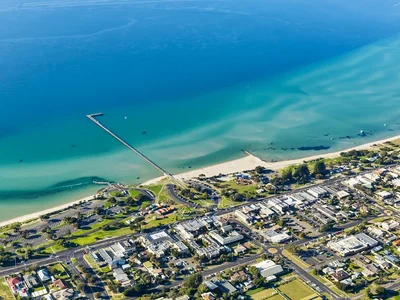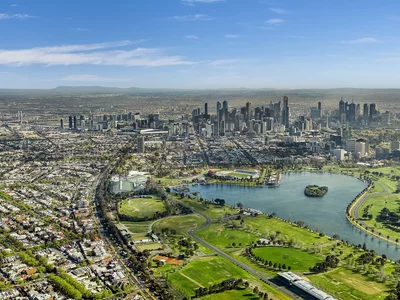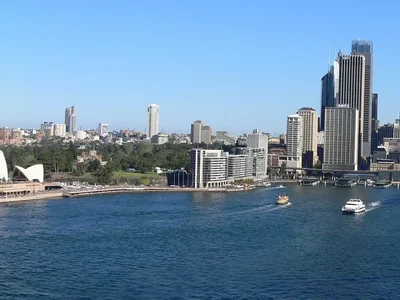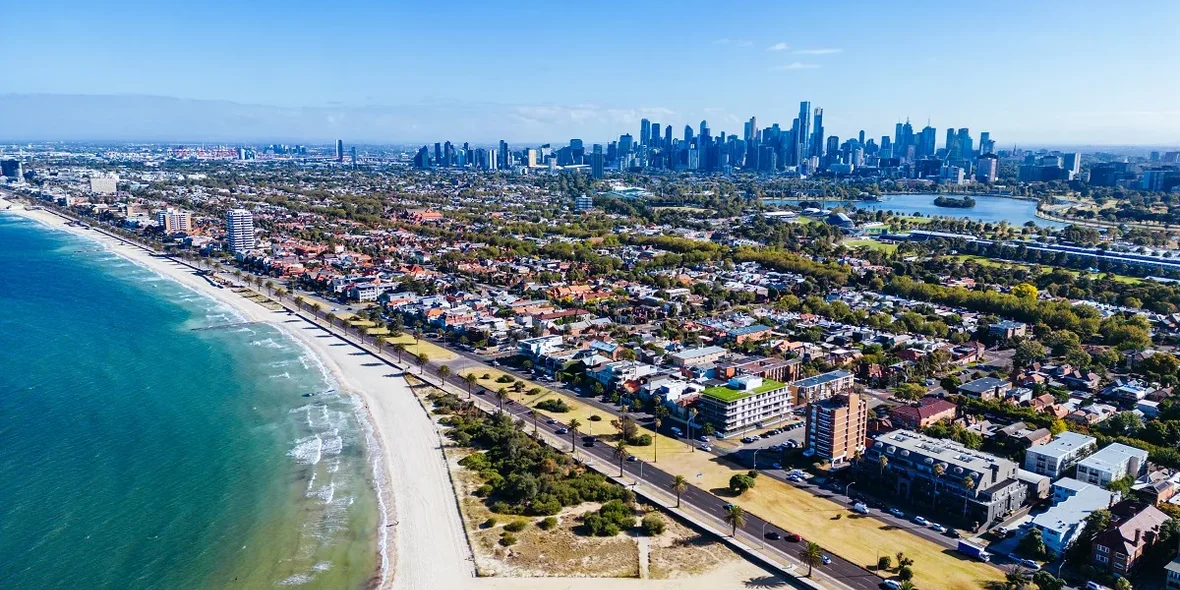
Living in Melbourne, AU: Calculating the True Cost of Your Lifestyle
Partnership article
Melbourne is frequently rated as one of the world's most livable cities, renowned for its vibrant culture, beautiful landscapes, and enviable quality of life. However, this exceptional lifestyle comes at a cost that gives some prospective Melbourne transplants pause when calculating whether they can afford to live there. Determining the true price tag of life in Melbourne requires understanding major expenses like housing, day-to-day costs for essentials plus leisure, and unexpected healthcare and education fees. With proper budgeting and spending optimization, Melbourne can still remain an attractive destination despite its rising cost of living over recent years, especially when its cultural richness is factored against prices.
Housing Costs in Melbourne
Melbourne, renowned for its vibrant culture and dynamic lifestyle, is also characterized by a significant cost of living. Housing expenses, in particular, are a major component of the cost of living in Melbourne.
For renters, the city center offers convenience and proximity to amenities, but at a higher price, with one-bedroom apartments costing between AUD 2000 to AUD 3000 per month. Suburbs provide more affordable options, with rents starting as low as AUD 800 per month for similar accommodations.
Those considering purchasing a home face a median house price of around AUD 1,020,000 as of 2023, reflecting Melbourne's position as one of Australia's priciest cities for real estate.
In terms of property trends, Melbourne's real estate market has shown resilience and growth, making it an attractive investment opportunity. However, potential buyers should stay informed about market fluctuations and consider the long-term financial implications.
The cost of living in Melbourne for a couple or a single person will vary greatly based on whether they choose to rent or buy, as well as their chosen location within the city.
Utilities and Household Expenses
The average cost of living in Melbourne is significantly influenced by utility and household expenses. On average, residents can expect to pay around AUD 97 per month for electricity, AUD 62 for gas, approximately AUD 64 for water, and between AUD 70 to AUD 95 for internet services. These costs are subject to variations based on the household's size, usage, and the efficiency of appliances and fixtures used.
Melbourne's climate, with its notorious unpredictability, also plays a role in these costs, particularly in terms of heating and cooling expenses. To manage these utility costs effectively, residents in Melbourne can adopt various strategies.
These include using energy-efficient appliances, monitoring consumption patterns, and taking advantage of any government rebates or programs aimed at reducing energy usage. Such measures not only reduce the average cost of bills per month but also contribute to a more sustainable lifestyle in Melbourne.
Grocery and Food Expenses
Grocery shopping is a significant part of living expenses in Melbourne. For a single person, monthly grocery costs average around AUD 451, while a couple might spend about AUD 624 and a family of four approximately AUD 880.
These figures can increase or decrease based on dietary preferences and shopping habits. Melbourne offers a wide range of shopping options, from supermarkets to local markets like the Queen Victoria Market, which often provide fresher produce at competitive prices.
Eating out in Melbourne is a delightful experience, given its diverse culinary scene. However, it adds to the cost of living in Melbourne.
A meal at an inexpensive restaurant averages around AUD 20, while a more upscale dining experience can cost around AUD 120 for two people. For residents looking to manage their food expenses while still enjoying Melbourne's food culture, cooking at home and reserving dining out for special occasions can be a practical approach.
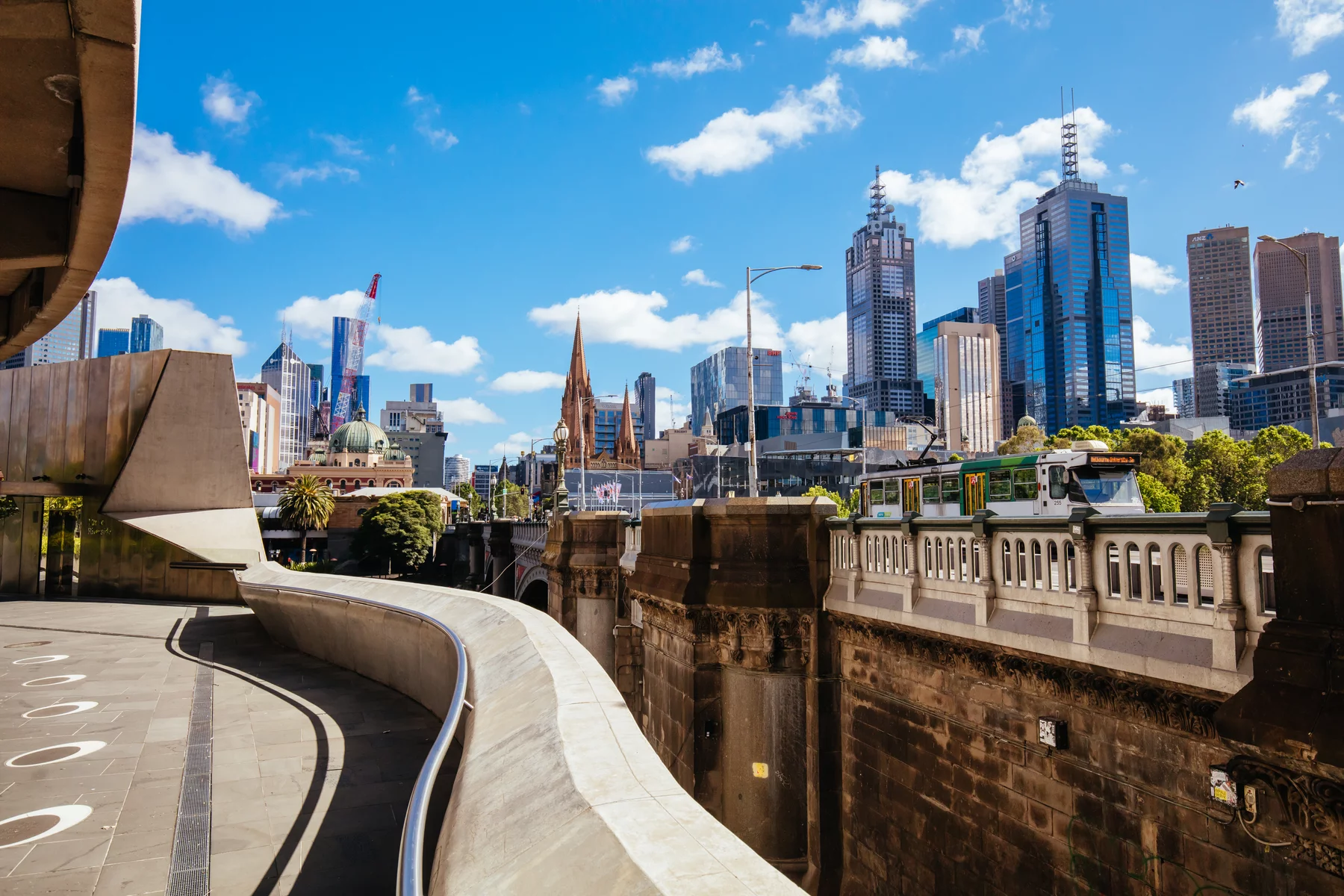
Transportation Costs
Transportation costs are a crucial component of the average cost of living in Melbourne. The city boasts an extensive public transport network, including trams, trains, and buses. A yearly Myki pass, which provides unlimited access to this network, costs about AUD 861.25, making public transport an affordable option for daily commuting.
For those who prefer driving, fuel costs and the expenses associated with car maintenance and parking can add significantly to the monthly budget.
Melbourne also encourages alternative modes of transportation like cycling and walking, particularly in the inner-city areas. These not only help in reducing transportation costs but also promote a healthier lifestyle.
For occasional longer journeys, car-sharing services can be a cost-effective and convenient option, reducing the need for owning a private vehicle and thus impacting the overall cost of living in Melbourne for a single person or a couple.
Healthcare and Insurance
Healthcare costs in Melbourne can vary. For residents covered by Medicare, Australia's public healthcare system, many services are free or subsidized. However, those who opt for private health insurance can expect to pay annual premiums ranging from AUD 2218 to AUD 2758, depending on their age and the level of coverage.
This is an important consideration for expatriates or those not eligible for Medicare, as it significantly affects the average cost of living in Melbourne.
Fitness and wellness are also integral to many residents' lifestyles in Melbourne. Gym memberships, for example, average around AUD 70.83 per month. While this contributes to the monthly expenses, engaging in free outdoor activities and utilizing public parks and facilities can be a cost-effective way to maintain fitness without significantly impacting the overall living expenses in Melbourne.
Education Expenses
Education costs are a significant factor for families considering the cost of living in Melbourne. The city's public education system is largely free for Australian citizens and permanent residents, offering a high standard of education.
However, expatriates and temporary residents may face additional fees. For those opting for private education, Melbourne hosts a range of private and international schools, each with varying fee structures. These schools offer diverse curricula and extracurricular activities but come with higher tuition costs compared to public schools.
For higher education, Melbourne's universities are among the best in the country, attracting local and international students. Tuition fees vary depending on the course and the status of the student (domestic or international).
Scholarships and financial aid can provide some relief, but for many, university fees remain a significant part of their education expenses. Balancing these costs is crucial for families and individuals calculating the cost of living in Melbourne, especially for those pursuing or supporting higher education.
Lifestyle and Entertainment
Melbourne's reputation for a high-quality lifestyle is well-deserved, but it comes with associated costs. The city offers a wide range of entertainment options, from cinemas and theatres to live music and sports events. These activities, while enriching the cultural experience of living in Melbourne, can add to the monthly budget.
For those keen on enjoying Melbourne's nightlife, pubs, bars, and clubs offer diverse experiences, but again, at a cost. Smart spending, such as taking advantage of discounts and special offers, can help in enjoying Melbourne's vibrant entertainment scene without excessively increasing the average cost of living in Melbourne.
Moreover, Melbourne is known for its beautiful parks, gardens, and beaches, many of which are free to access. These provide affordable leisure options for residents and are an integral part of the city's appeal. Engaging in these cost-free activities can significantly reduce leisure expenses, thereby positively impacting the overall living expenses in Melbourne.
Conclusion
In summary, the cost of living in Melbourne encompasses a range of factors, from housing and utilities to food, transportation, healthcare, education, and leisure activities. For a single person, the average cost of living in Melbourne can be around AUD 2,500 per month, while a couple or a family may incur higher expenses.
These figures, however, can fluctuate based on lifestyle choices, financial management, and personal circumstances. Despite its costs, Melbourne offers a diverse and enriching lifestyle, making it an attractive destination for many. It is important for individuals and families to carefully consider these costs and plan accordingly to enjoy all that Melbourne has to offer.
According to reports from a Melbourne removalist, a significant number of people are choosing to move to Melbourne, drawn by what they perceive as a lower cost of living compared to other major cities in Australia. This trend underscores Melbourne's appeal as a city that offers a high quality of life at relatively more manageable costs.






















